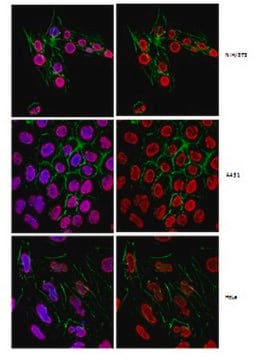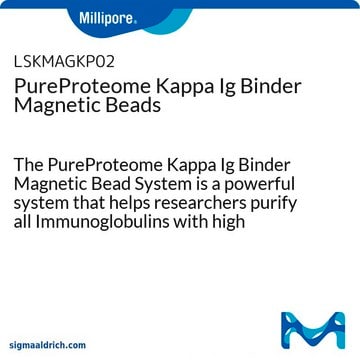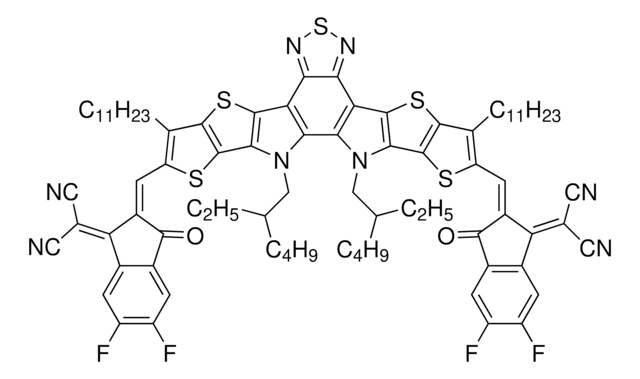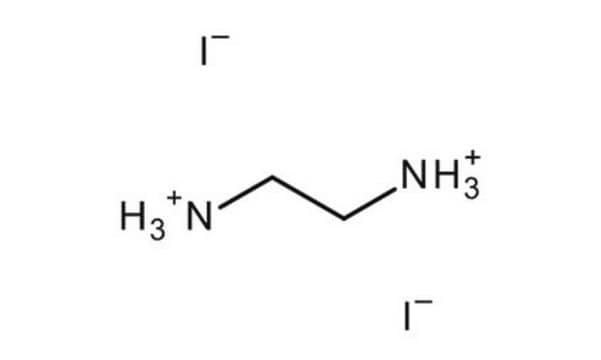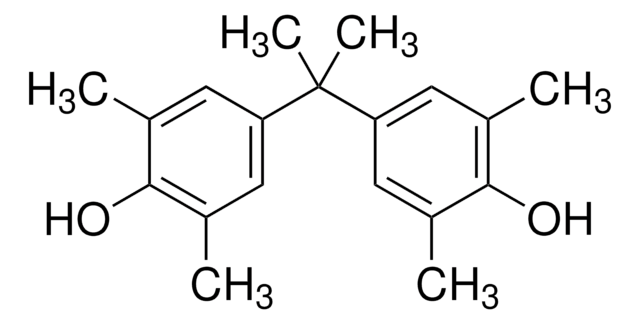MABF106
Anti-Viperin Antibody, clone MaP.VIP
clone MaP.VIP, from mouse
Synonym(s):
Radical S-adenosyl methionine domain-containing protein 2, Cytomegalovirus-induced gene 5 protein, Viperin, Virus inhibitory protein,endoplasmic reticulum-associated, interferon-inducible
About This Item
Recommended Products
biological source
mouse
Quality Level
antibody form
purified antibody
antibody product type
primary antibodies
clone
MaP.VIP, monoclonal
species reactivity
human, rat, mouse
technique(s)
flow cytometry: suitable
immunocytochemistry: suitable
immunohistochemistry: suitable
immunoprecipitation (IP): suitable
western blot: suitable
isotype
IgG2aκ
NCBI accession no.
UniProt accession no.
shipped in
wet ice
target post-translational modification
unmodified
Gene Information
human ... RSAD2(91543)
Related Categories
General description
Immunogen
Application
Immunoprecipitation Analysis: A representative lot was used by an independent laboratory in HepG2 cell lysate (Hinson, E., et al. (2008). JBC. 284(7):4705–4712).
Flow Cytometry Analysis: A representative lot was used by an independent laboratory in mouse liver, spleen, lung, and lymph node cells (Hinson, E., et al. (2010). J. Immunol. 184:5723-5731).
Immunocytochemistry Analysis: A representative lot was used by an independent laboratory in mouse spleen cells (Hinson, E., et al. (2010). J. Immunol. 184:5723-5731).
Inflammation & Immunology
Immunoglobulins & Immunology
Quality
Western Blot Analysis: 1 µg/mL of this antibody detected Viperin in 10 µg of mouse macrophage stimulated with IFN gamma and LPS.
Target description
Physical form
Storage and Stability
Analysis Note
Mouse macrophage stimulated with IFN gamma and LPS
Other Notes
Disclaimer
Not finding the right product?
Try our Product Selector Tool.
Storage Class Code
12 - Non Combustible Liquids
WGK
WGK 1
Flash Point(F)
Not applicable
Flash Point(C)
Not applicable
Certificates of Analysis (COA)
Search for Certificates of Analysis (COA) by entering the products Lot/Batch Number. Lot and Batch Numbers can be found on a product’s label following the words ‘Lot’ or ‘Batch’.
Already Own This Product?
Find documentation for the products that you have recently purchased in the Document Library.
Our team of scientists has experience in all areas of research including Life Science, Material Science, Chemical Synthesis, Chromatography, Analytical and many others.
Contact Technical Service

